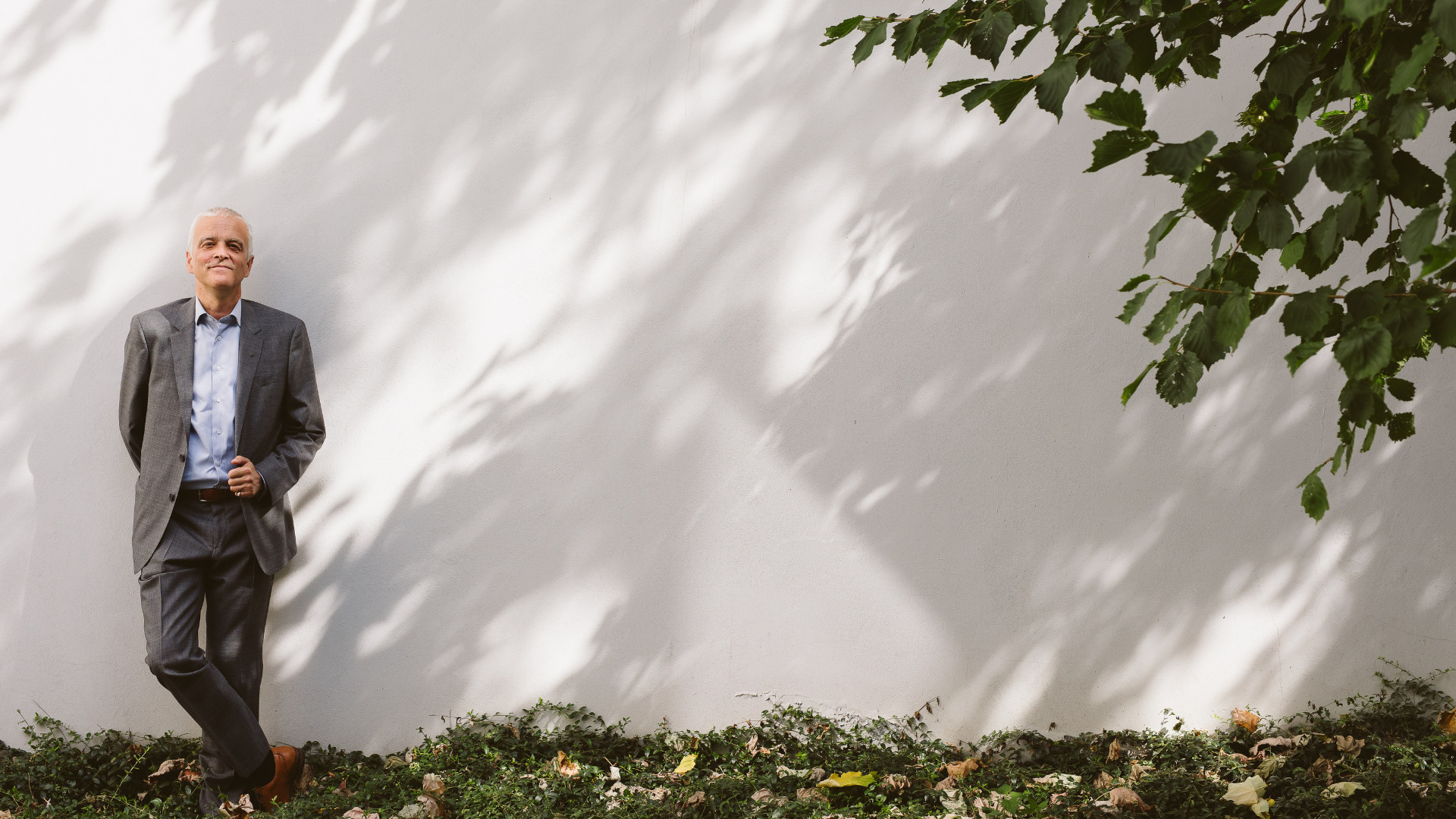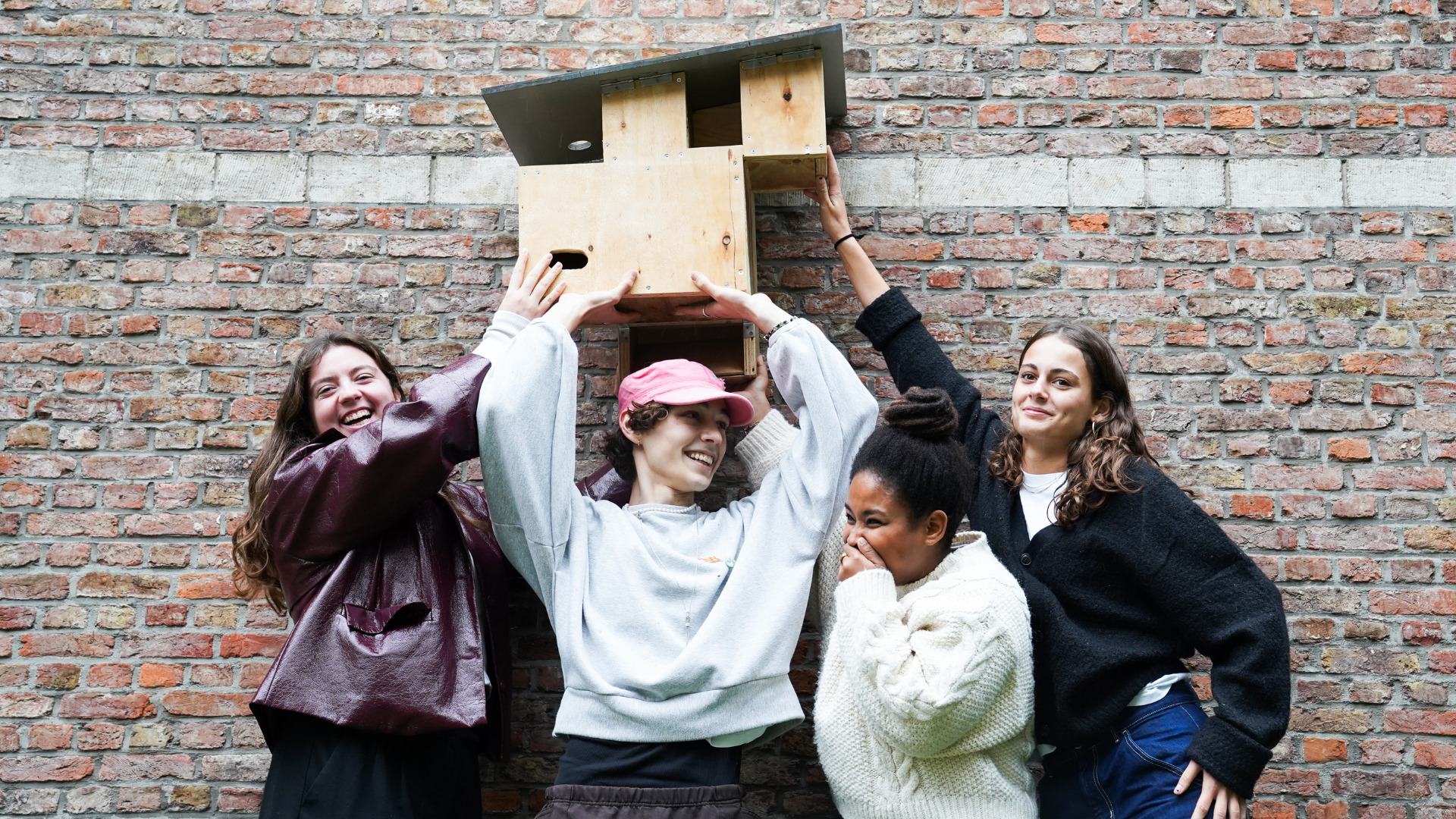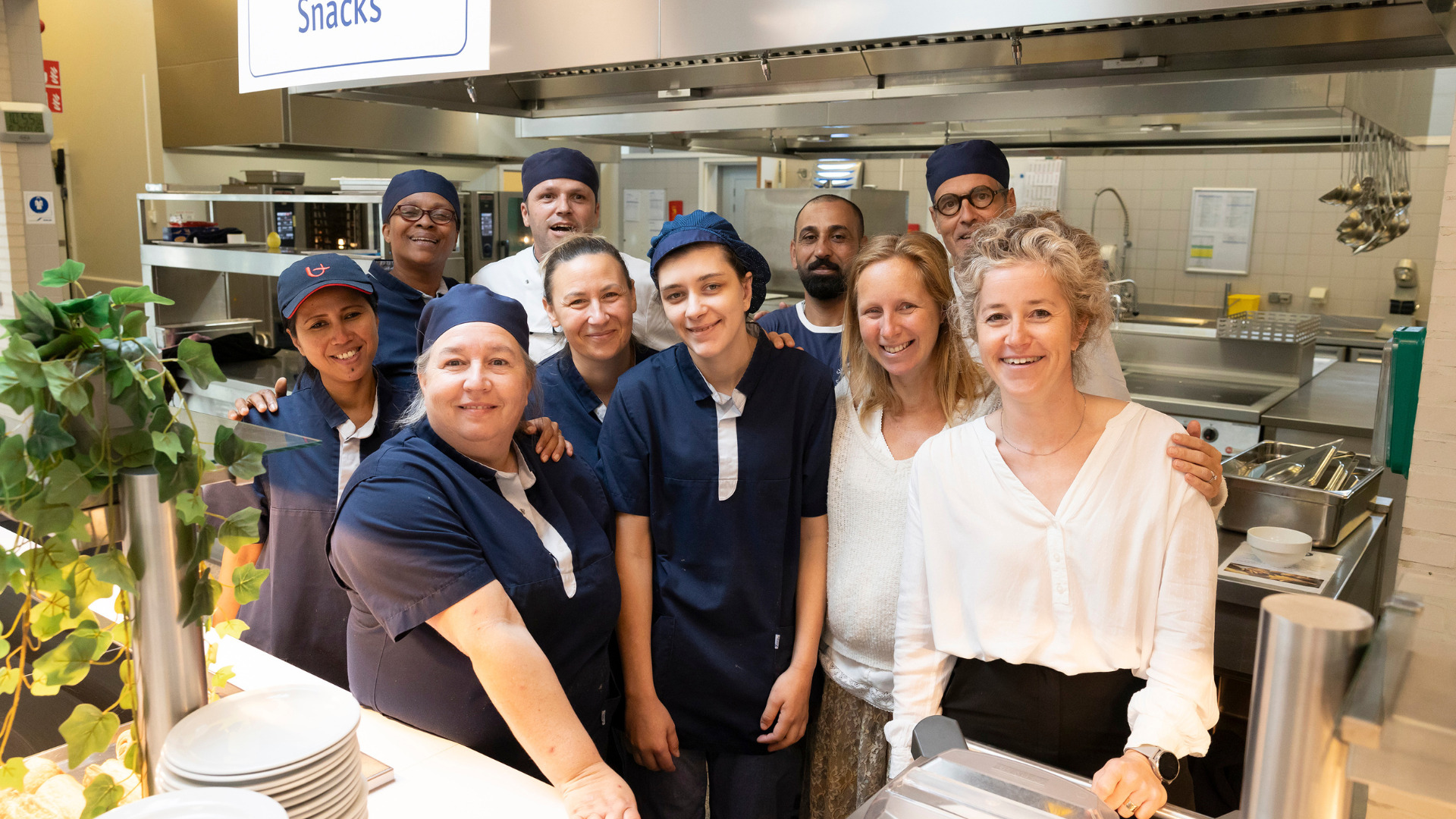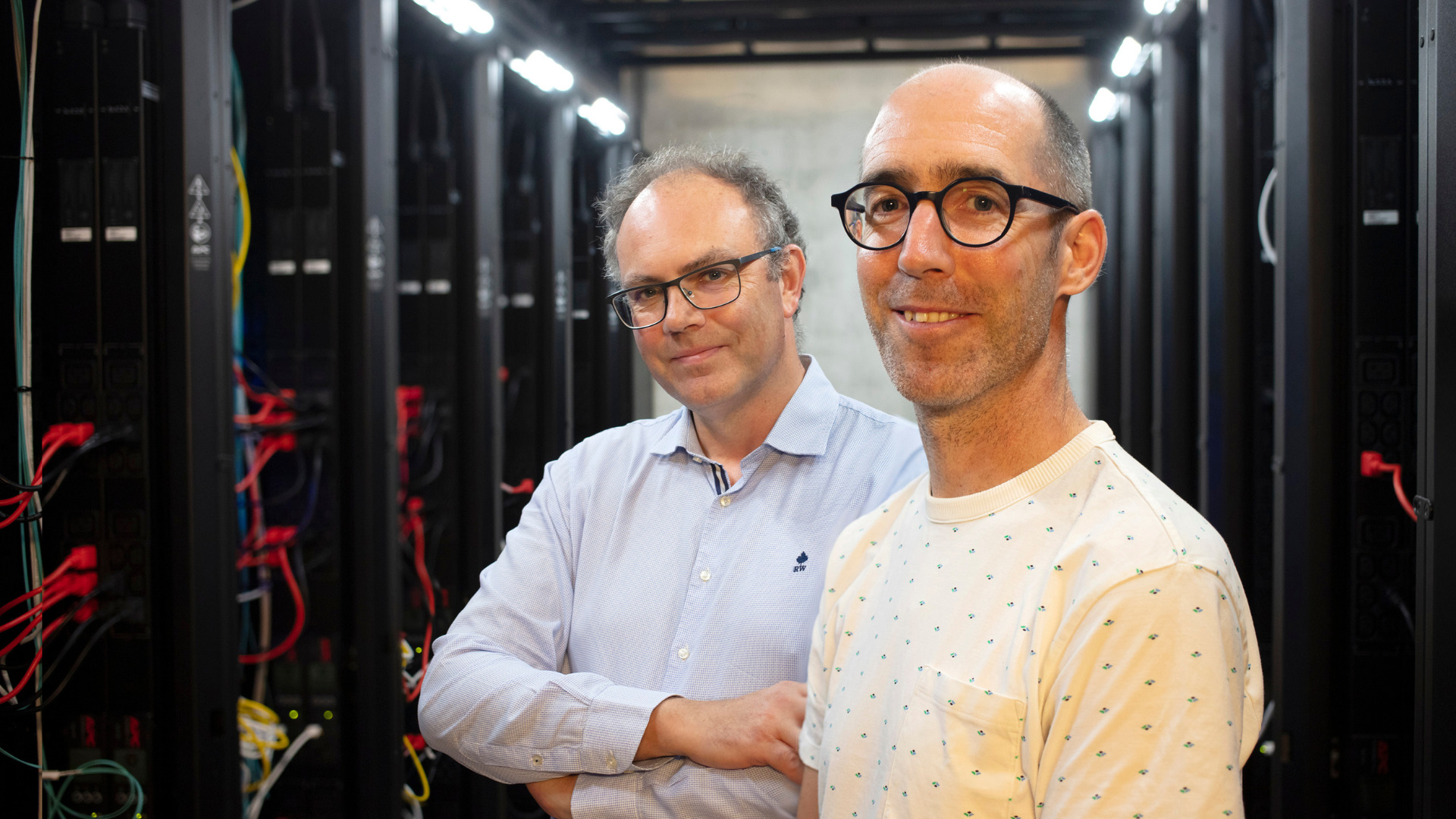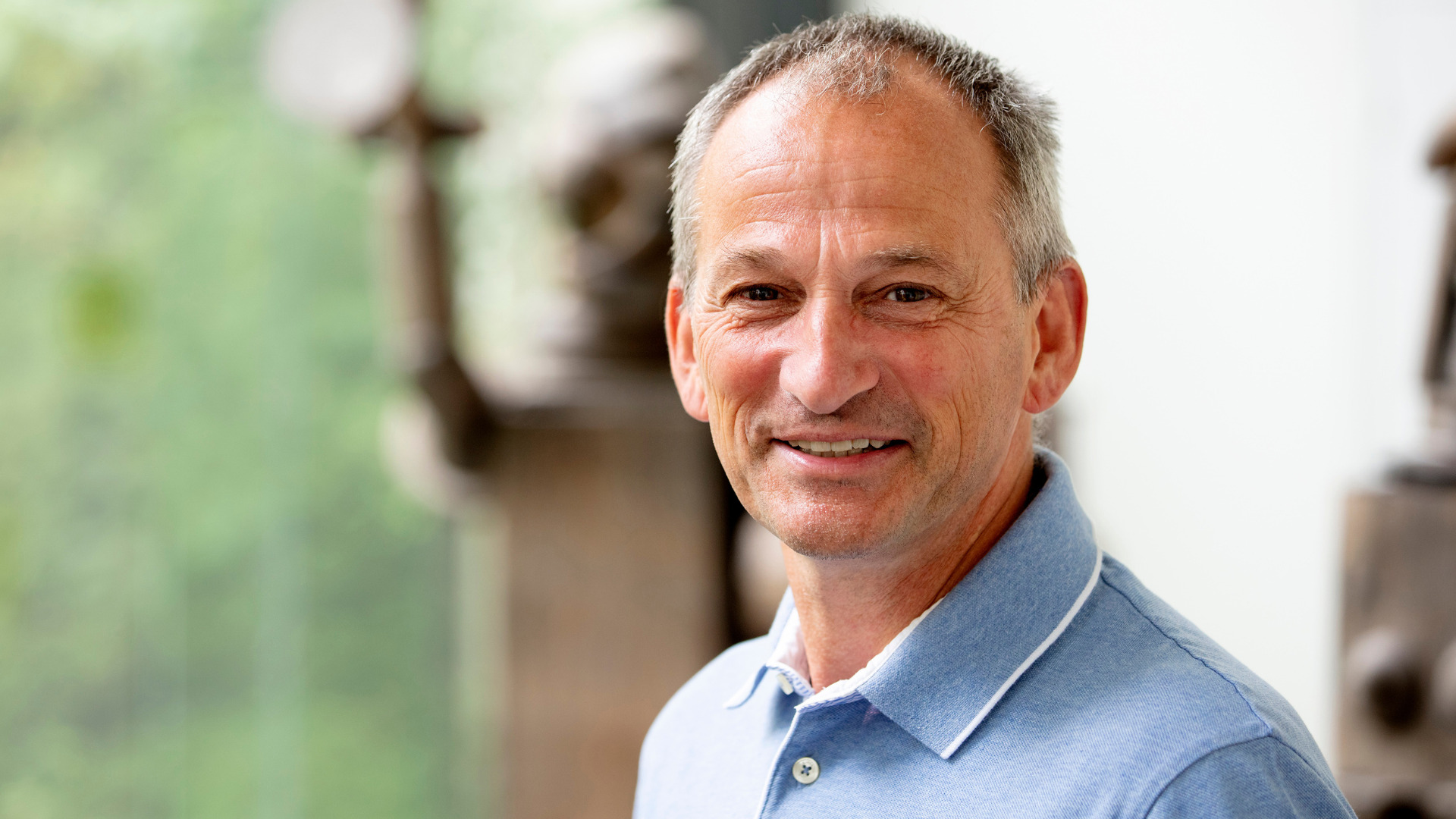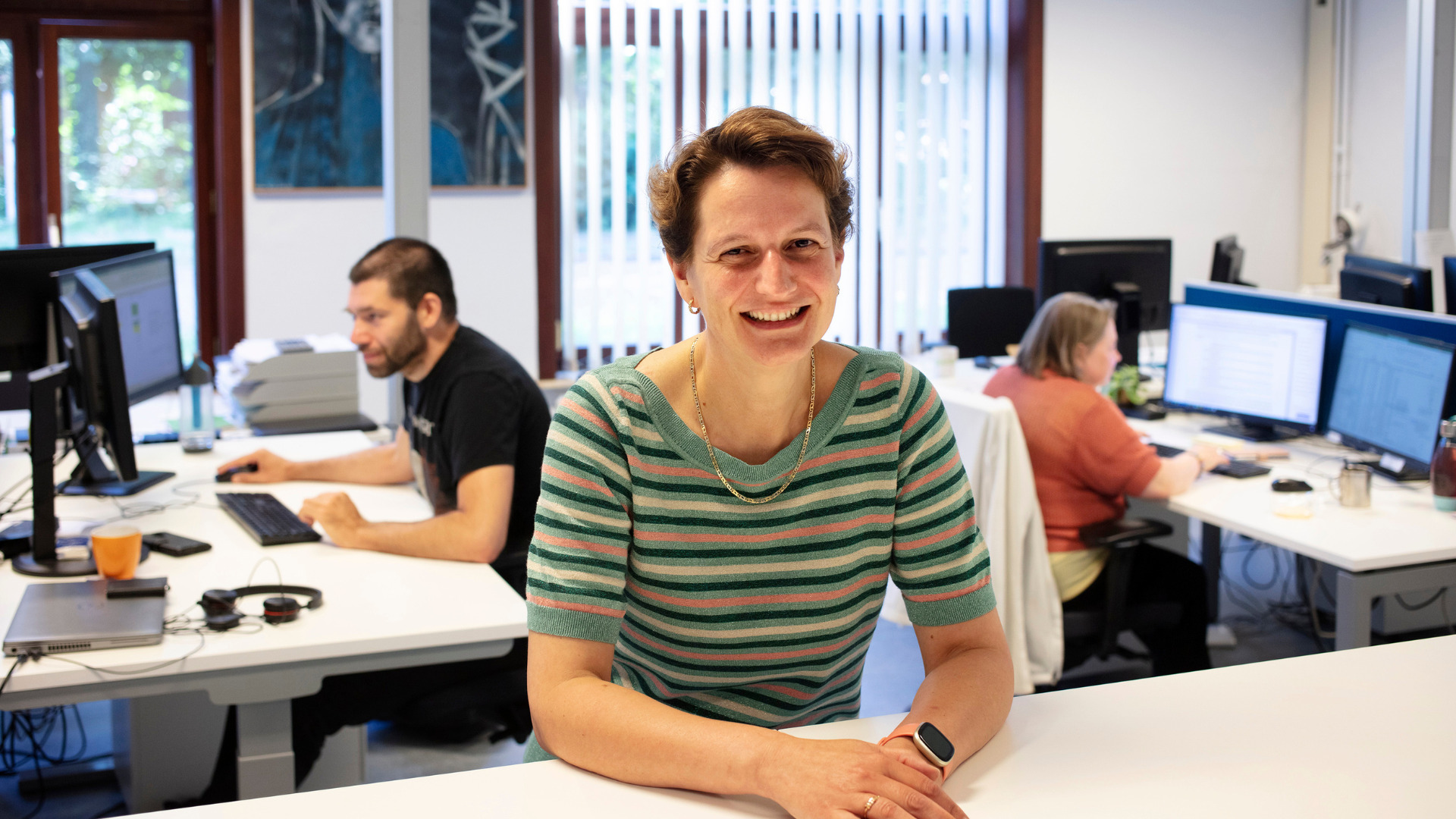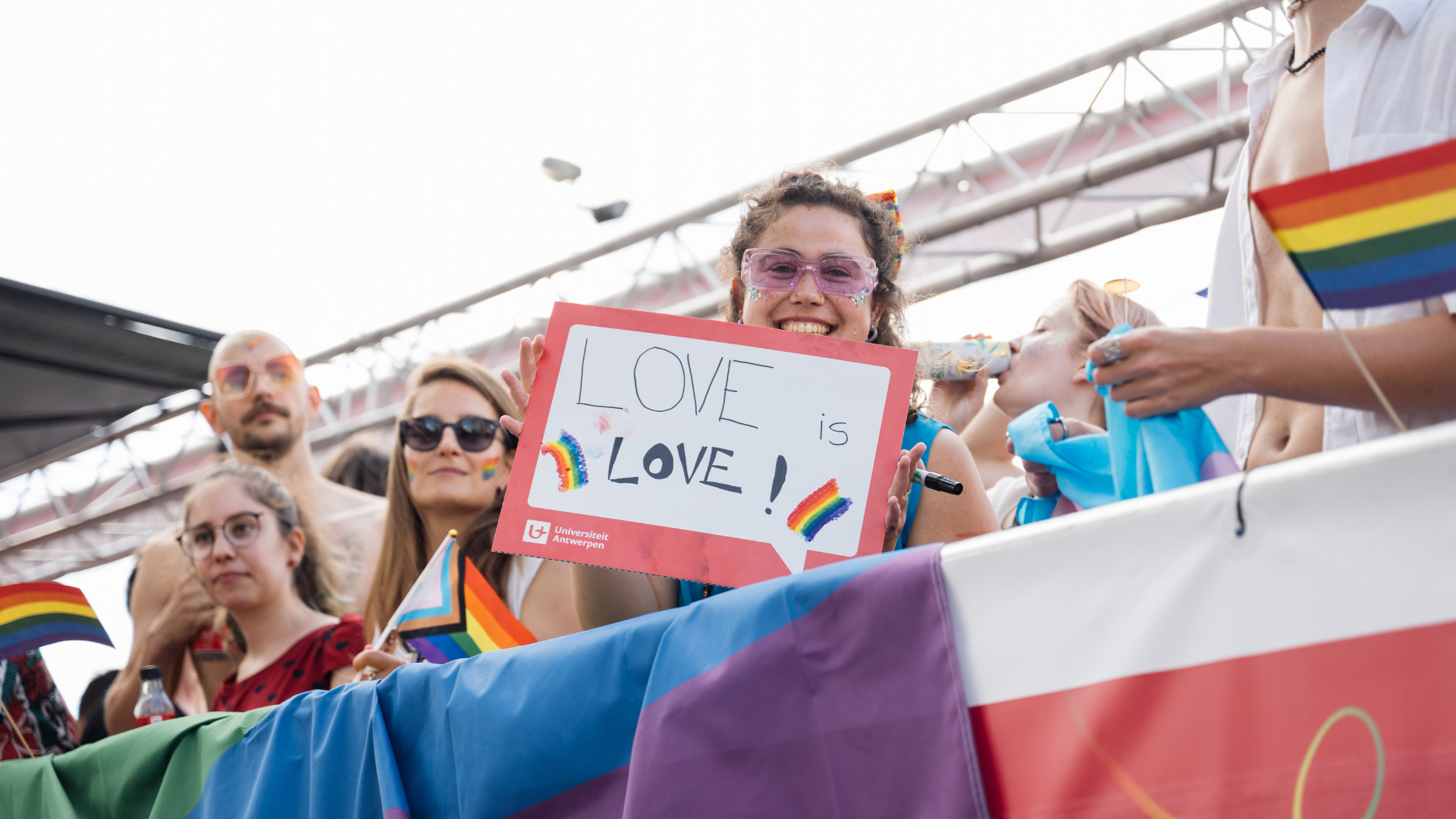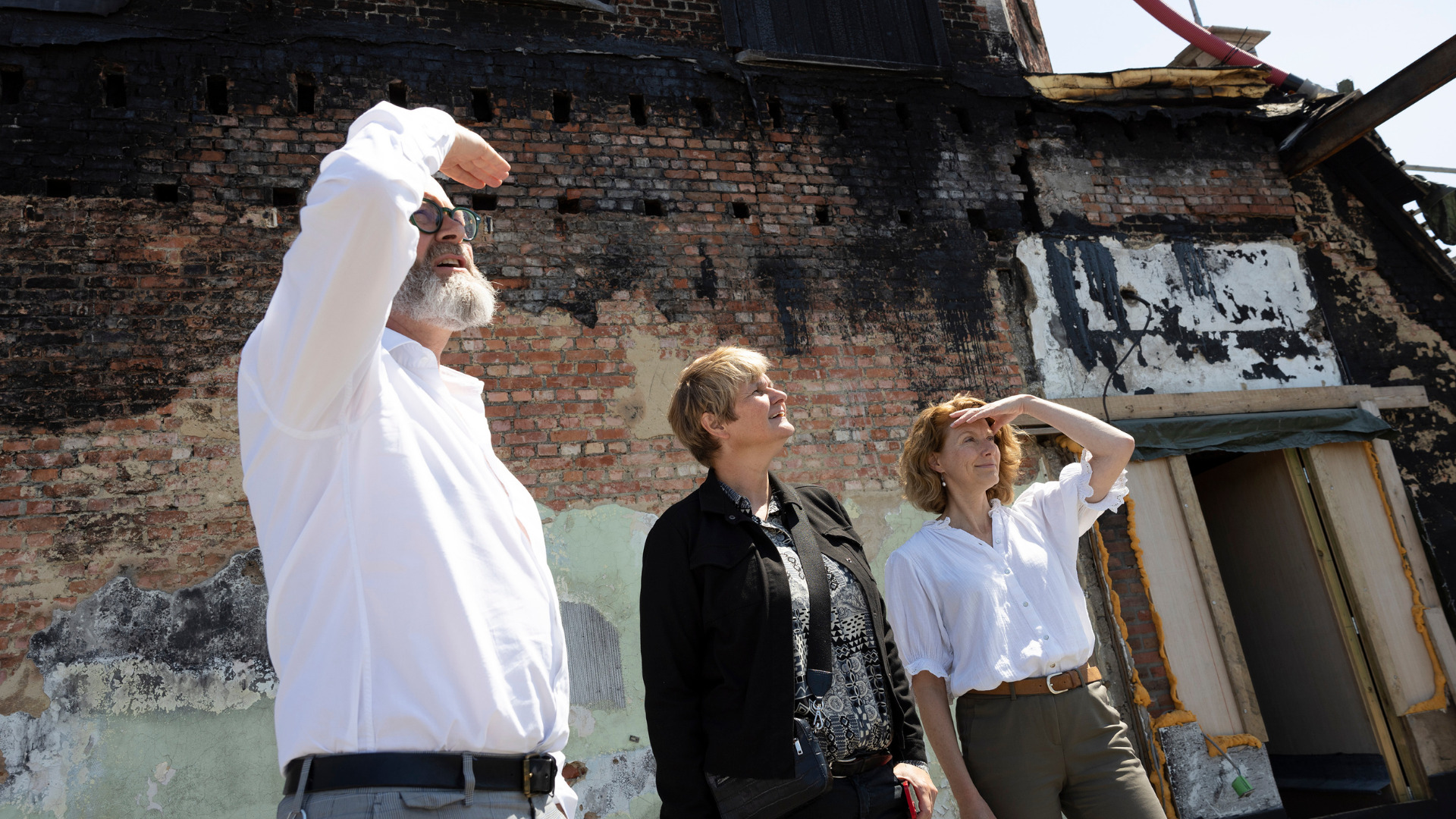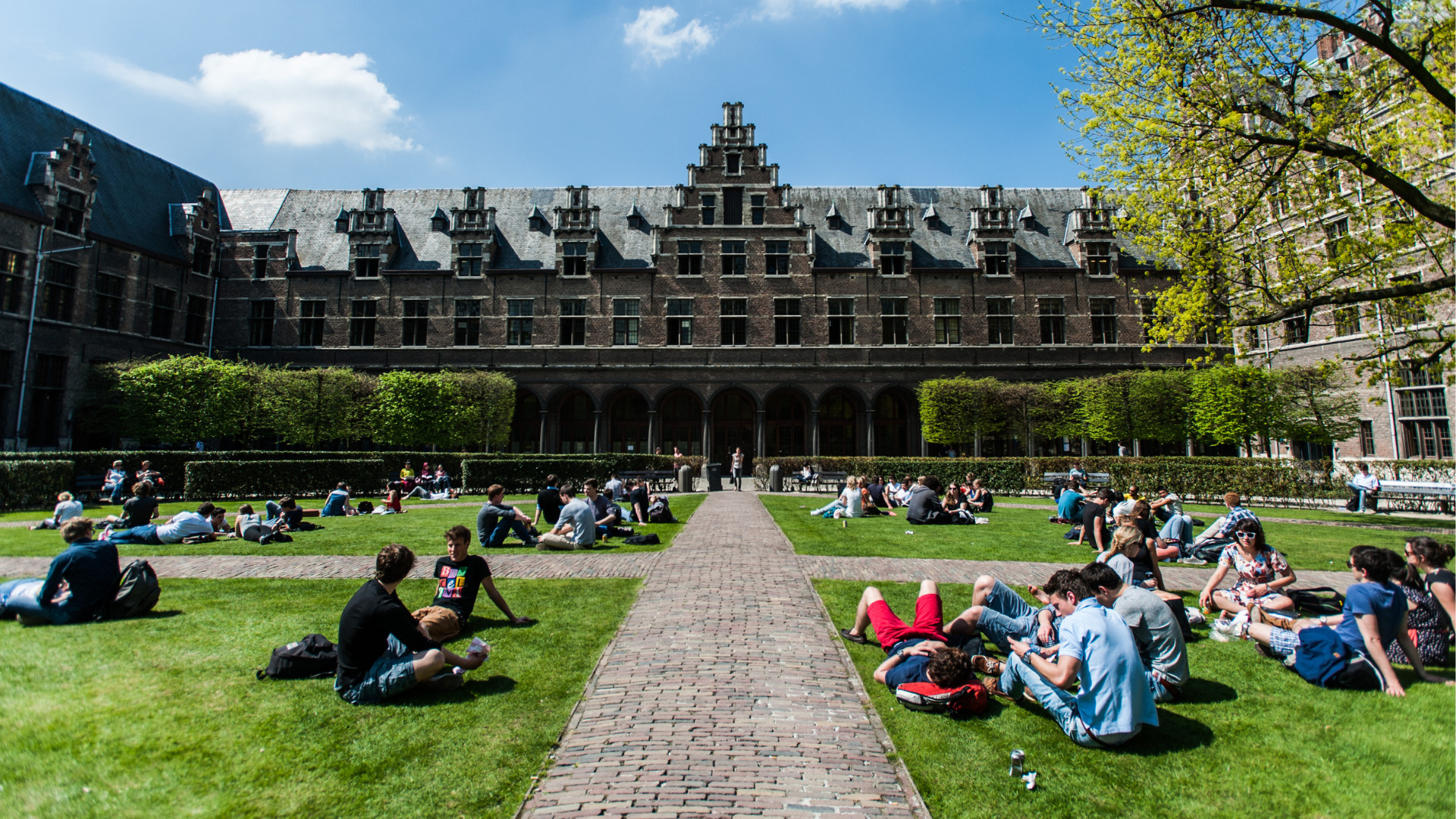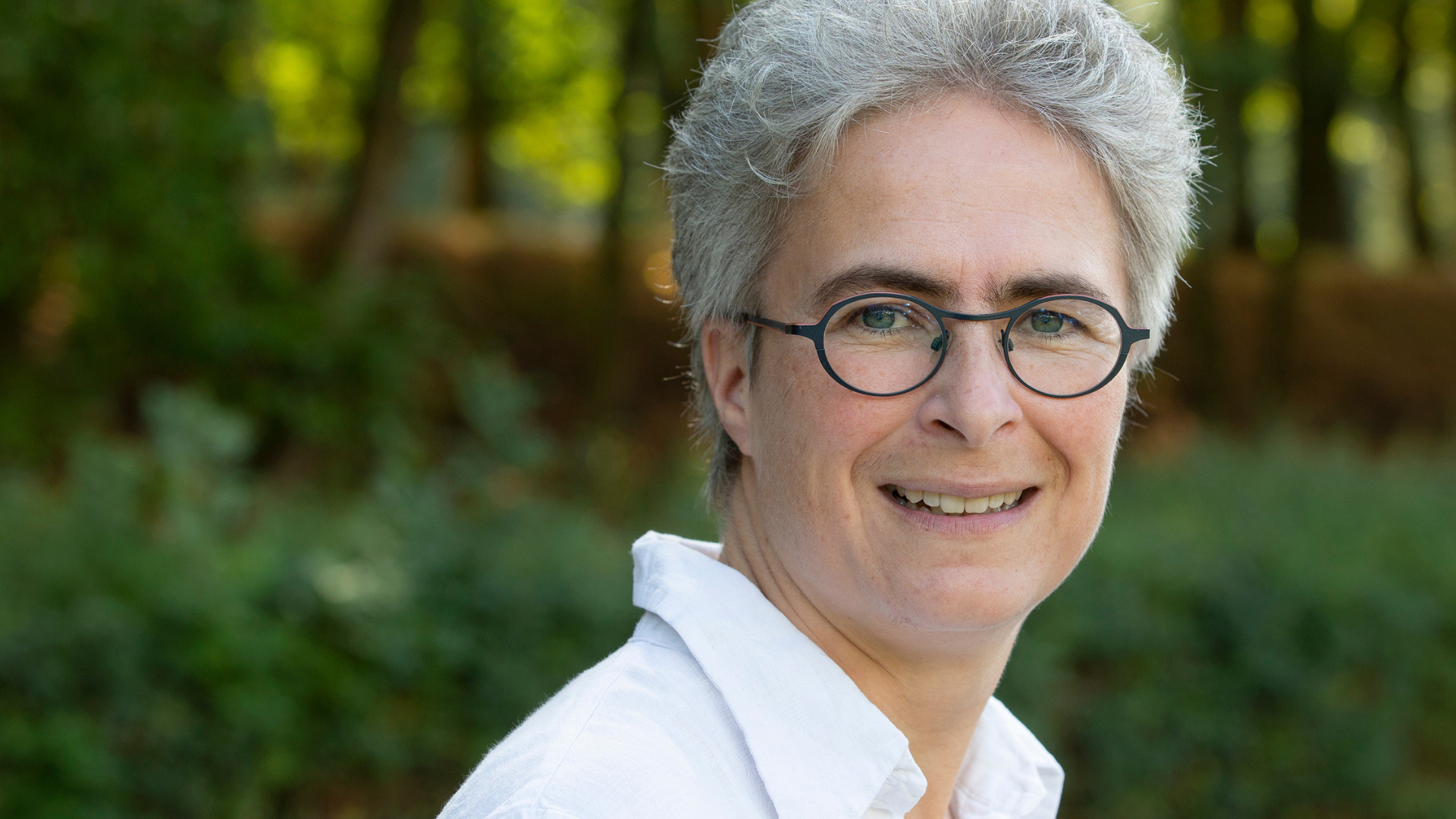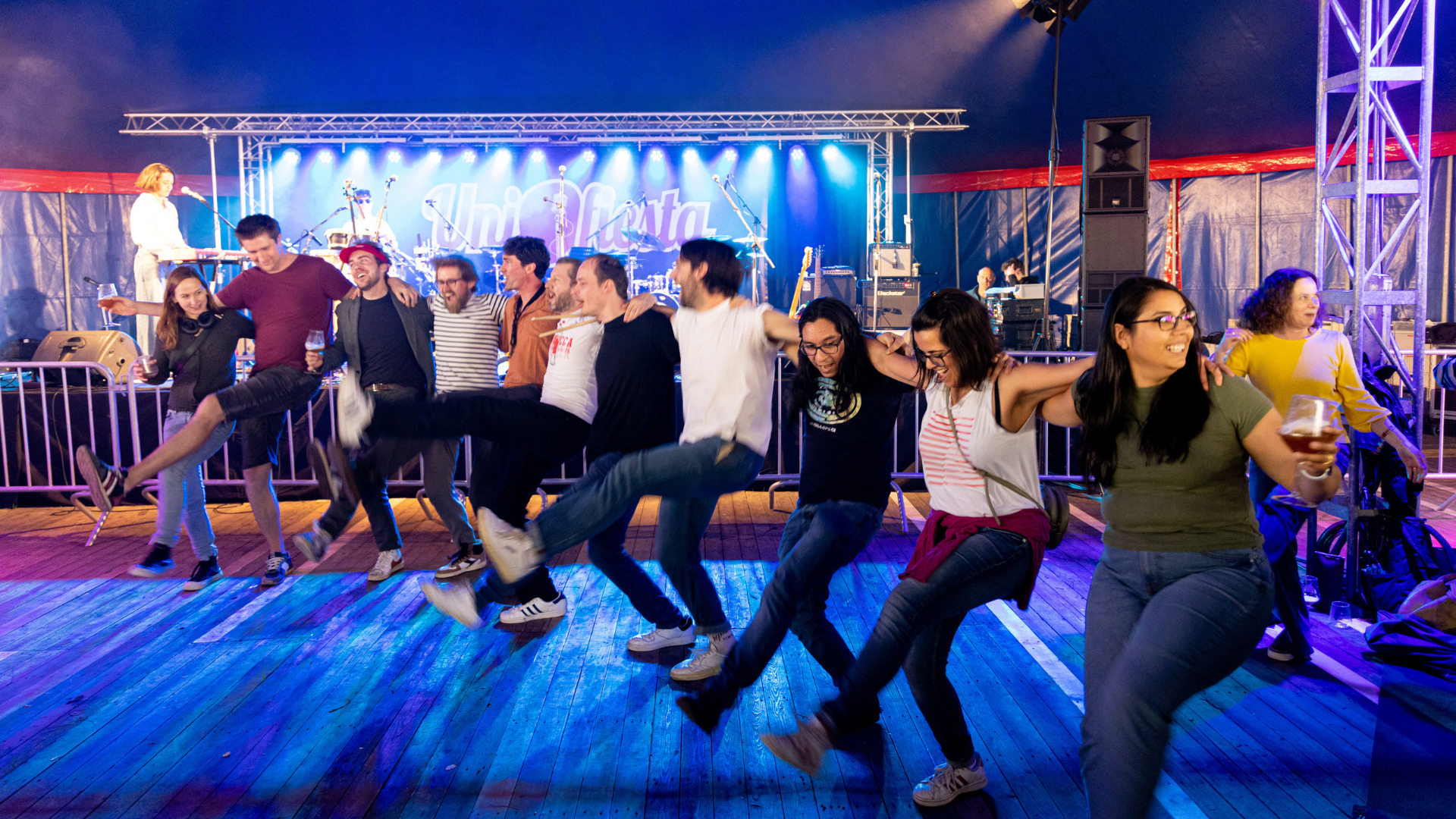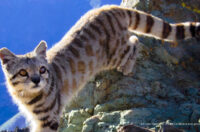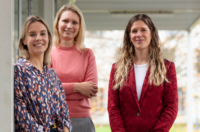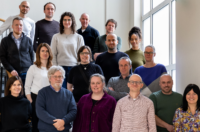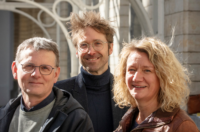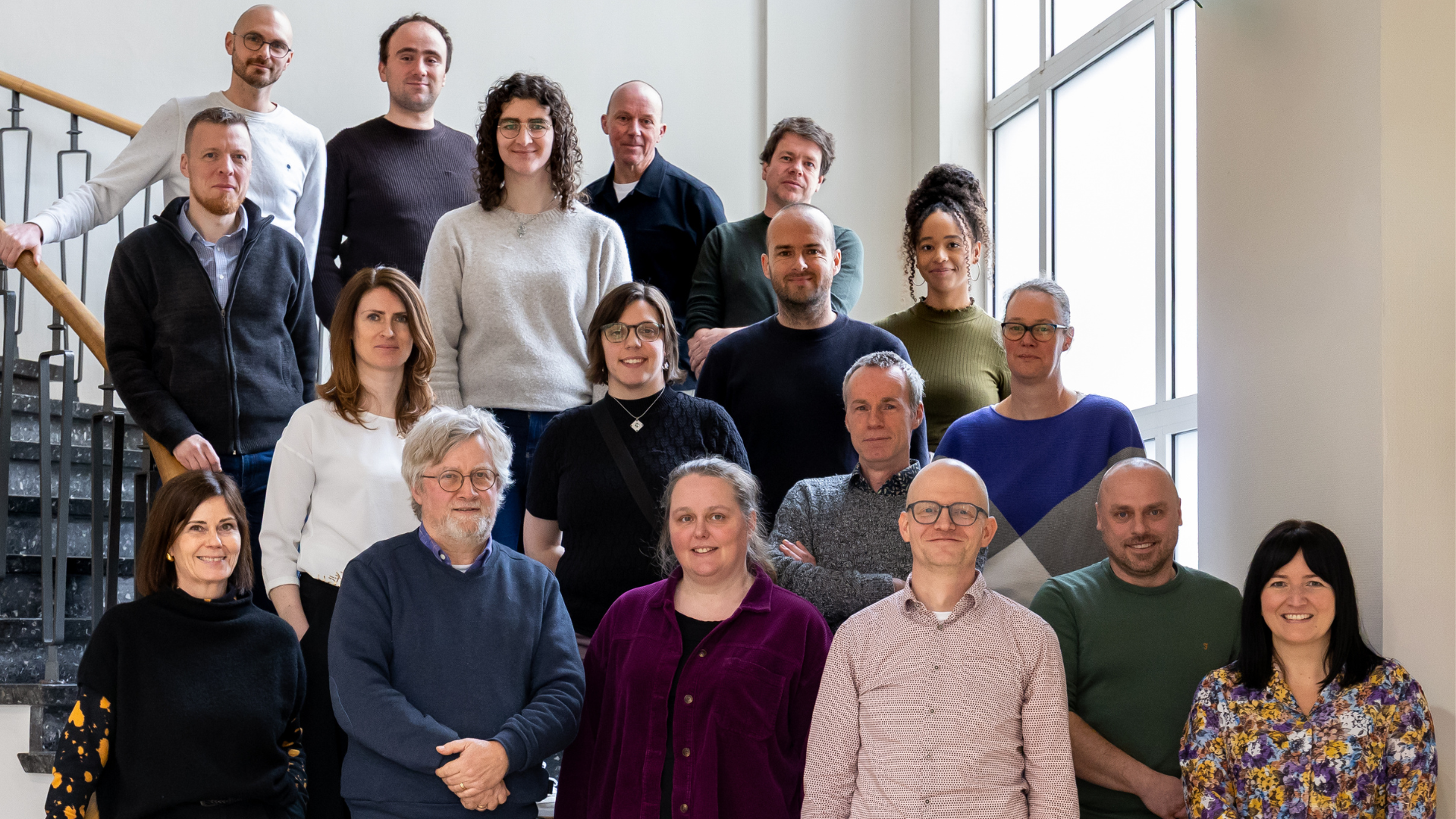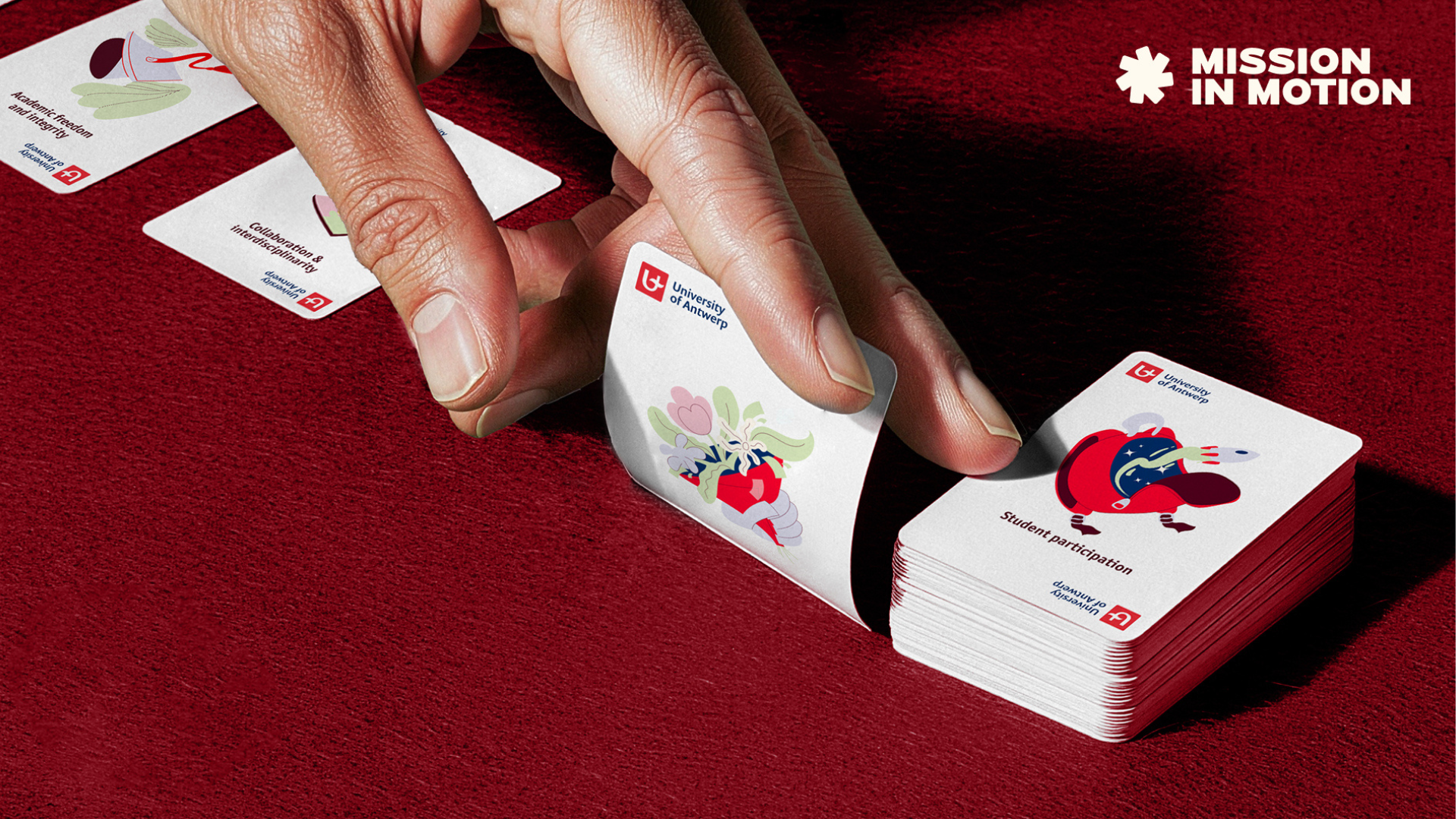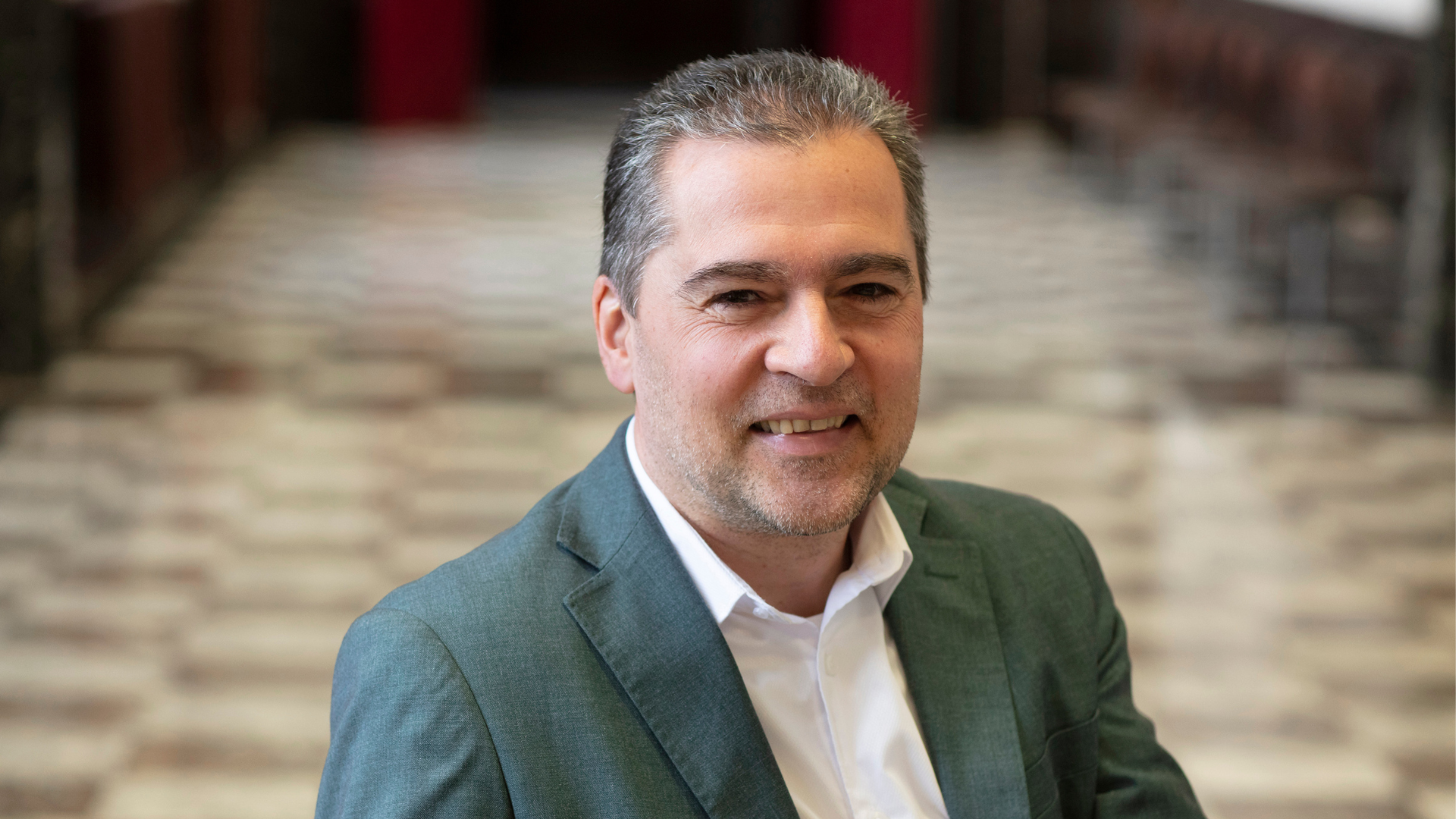On 31 August 2024, Herman Van Goethem’s mandate as rector of the University of Antwerp is expiring. This means rector elections will take place this academic year. We’ll take you through the procedure for these elections.
Filter
House sparrows, black redstarts, swifts and bats can once again find their way to Stadscampus. In collaboration with the Infrastructure Department, the UAntwerp Climate Team and Natuurpunt, first-year architecture students have developed a whole host of animal houses with the aim of boosting biodiversity on campus.
Every afternoon, around two thousand hungry staff members and students find their way to komida. ‘Strictly speaking, we are a mass-catering operation, but we make every effort not to be one’, notes the komida coordinator An Op de Beeck. Early one Monday morning, we donned an apron and hair cap and got to peek into the pots for half a day at komida Middelheim.
Soon you’ll only be able to log in to your UAntwerp account with multi-factor authentication (MFA). That means you’ll need to perform an extra step after entering your username and password. ‘This extra layer of security is absolutely needed. To avoid last-minute surprises, we recommend already activating the system right now,’ says the ICT Department.
A feather in your cap: the feather is a prize passed on from one UAntwerp colleague to another in recognition of their efforts or achievements. This time, Carla Uwents (Environmental Office) passes the feather on to Marc Van Laeken (Infrastructure Department).
With 25 years of experience at UAntwerp, Ann Notelé is a familiar face at our university. Now that she has recently taken the helm of the Finance Department alone, we are happy to give her the floor. Get to know Ann in five questions.
On Saturday 12 August, UAntwerp once again participated in Antwerp Pride with a personalised float and live DJ set. Our university was one of 74 delegations at the biggest Antwerp Pride ever.
The sixth of July marks the first anniversary of the fierce fire that broke out in the Hof van Liere. How far along are the repairs? And what will the redesigned office floors look like? ‘We are opting for a contemporary design with more light, more meeting places and plenty of flexi-places.’
During the summer, our buildings become quiet. Or so we think… While many of us are enjoying a well-deserved holiday and most students are not thinking about their studies for a while (unless they have resits), not everyone is sitting still. There is still a lot going on at the University of Antwerp in July and August.
A feather in your cap: the feather is a prize passed on from one UAntwerp colleague to another in recognition of their efforts or achievements. This time, Veronique Verhoeven (Department of Family Medicine and Population Health) passes the feather on to Carla Uwents (Environmental Office).
The weather gods can be fickle, which they showed during Unifiesta – the University of Antwerp’s staff party. Despite the rain, about 1,200 employees enjoyed watching musical colleagues on stage, savoured delicious food and drinks at the food trucks, and socialised with colleagues. A layer of mud on their shoes didn’t dampen the mood.
Every year, UAntwerp organises PRESS>SPEAK, an annual writing and presenting competition. The third and last winning text of 2023, written by Julia Di Stefano (Faculty of Medicine and Health Sciences), is about recreating a whole brain.


